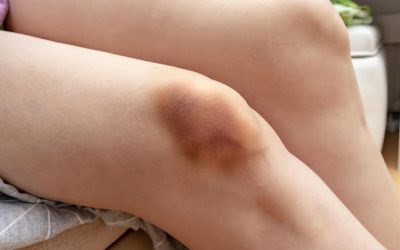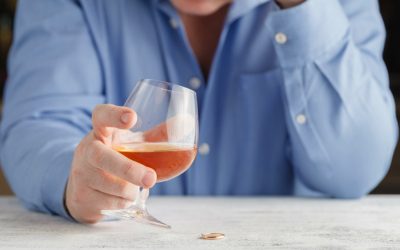This means they may be less likely to cause weight gain and belly fat. Some studies have linked high alcohol intake from drinks like beer to an increased risk of belly fat gain (14). Sugar alcohols have become popular due to their lower calorie content compared to traditional sugars. They provide a sweetness similar to sugar but with fewer calories, making them suitable for individuals who need to control their sugar intake or manage blood sugar levels, such as diabetics. Staying hydrated by alternating alcoholic drinks with water can help control your overall intake.
Men Have a Higher Risk Than Women
This risk of weight gain may be even higher in people who are already overweight compared to normal-weight people who drink beer (18). Even people who are at a normal weight have an increased risk of health problems if they have a large amount of belly fat (13). However, although it’s possible that men who drink beer are exposed to higher levels of phytoestrogens, it’s not known how these plant compounds affect their weight or belly fat, if at all (8). Furthermore, it’s been shown that people don’t always compensate for the calories they consume from alcohol by does alcohol make you gain weight eating less of other foods instead (5, 6). Sugar alcohols can be part of a weight loss diet when consumed in moderation and as part of a balanced eating plan.
Does vaping make you lose weight?

Engaging in alcohol abuse can slow down and affect a person’s fat metabolism. The body considers alcohol a toxin/waste, therefore when someone drinks, it metabolizes it, and other nutrients such as fat will be pushed aside. Once the fat is stored up in the liver, it can lead to liver disease. When an individual is drinking a large amount of alcohol, engaging in healthy activities such as exercise will feel like a task, rather than a privilege.

Is Insulin Resistance the Reason You Are Fat?

However, despite your average drink’s seemingly significant calorie count, these beverages don’t contribute to weight gain as much as calorie-counting math suggests they should. Alcohol consumption contributes to weight gain through several direct physiological Drug rehabilitation mechanisms. Your body’s response to alcohol prioritizes it as a toxin, which disrupts normal metabolic processes and leads to the storage of excess calories as fat. Empty calories provide energy without essential nutrients, which can result in overeating and poor dietary choices. It’s important to limit these foods to maintain better overall health. The best low-calorie alcoholic drinks include light beers, dry wines, and spirits mixed with calorie-free mixers.
- This leads to a slower rate of calorie burning and a greater propensity for weight gain.
- For example, many commercial brands of non alcoholic beer contain high levels of sugar which could potentially cause weight gain if consumed in large quantities.
- Alcohol consumption can have a negative impact on the brain and affect its structure and function.
- Since alcohol is empty of calories, individuals commonly eat more while drinking.
- That late-night snack or takeaway often becomes harder to resist after a few drinks.
- Your daily intake of calories may be disrupted because alcohol is high in calories.
- These added ingredients will contribute to the total calorie output from the alcoholic beverage.
- Staying nourished can help you make sound choices when enjoying an alcoholic beverage.
- The only people who will see this information will be those involved in the delivery of the service and management of the data.
If you’re trying to lose weight, it turns out one of the BEST things you can do is stop drinking alcohol. People who consume excess food and drinks that are high in empty calories have a higher risk of having overweight and obesity than others. You may have heard of the term “beer belly.” Still, the belief that alcohol causes increased fat stores around the abdominal area is inaccurate. A small percentage of the calories you drink from alcohol turns into fat. This sleep disruption can affect hormone regulation, appetite control, and metabolism, all of which can contribute to weight gain. Another study showed similar results among men after consuming beer as opposed to water during lunchtime meals.


